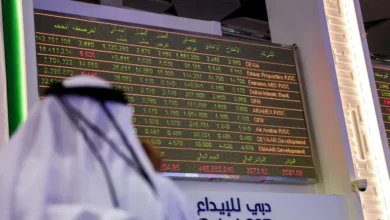
The National Treasury has released the Draft Income Tax (Advance Pricing Agreement) Regulations, 2025 for taxpayers to enter into Advance Pricing Agreements (APAs) beginning 1 January 2026, as a means for strengthening tax certainty for companies involved in cross-border related-party transactions.
According to Treasury CS John Mbadi, the guidelines outline how taxpayers can negotiate, execute, renew, modify, or withdraw from APAs, even as Kenya makes efforts to align with global best practices on transfer pricing risk management.
APA and Why It Matters
An Advance Pricing Agreement is a binding agreement between a taxpayer and the Kenya Revenue Authority (KRA) that predetermines the criteria for establishing arm’s-length transfer prices for transactions between related entities.
APAs aim to give businesses something they have long sought in Kenya’s complex tax environment among them tax certainty, reduced risk of disputes and audits and a simplified compliance process
The framework allows for unilateral, bilateral, or multilateral APAs, depending on whether tax treaties exist with the jurisdictions involved.
“With transfer pricing disputes on the rise, often involving heavy assessments and time-consuming audits, eKenya’s APA regime is expected to be a game-changer for multinationals and large local groups with intercompany transactions,” said PwC in its analysis.
Where PwC Sees Gaps or Risks
Even though PwC welcomes the initiative, it flagged key areas of concern, among them the cost implications unless they are refined.
Also Read: PwC explains the importance of PAYE remittance
In its report, PwC says there are high costs associated with the procedure, including the Ksh.5 million application fee and Ksh.2.5 million renewal fee which may discourage many taxpayers, especially since fees are non-refundable even if KRA declines the request.
The compliance report demands almost the same level of detail as a full transfer pricing report, which may contradict the aim of reducing administrative burden for APA taxpayers.
While taxpayers are bound by strict deadlines, KRA has no mandated response timelines, creating uncertainty and potentially long delays.
The Positives
Both KRA and taxpayers may engage technical experts to improve the quality of the negotiation and analysis — especially helpful for complex, industry-specific transactions.
On the flexible withdrawal rights, the agreement dictates that Taxpayers can withdraw from the APA process at any point before finalization.
The Draft APA Regulations leans toward a more transparent, predictable tax environment in Kenya as they promise a structured, internationally aligned approach to managing transfer pricing risk, giving taxpayers more certainty and helping reduce long, costly disputes with the KRA.





